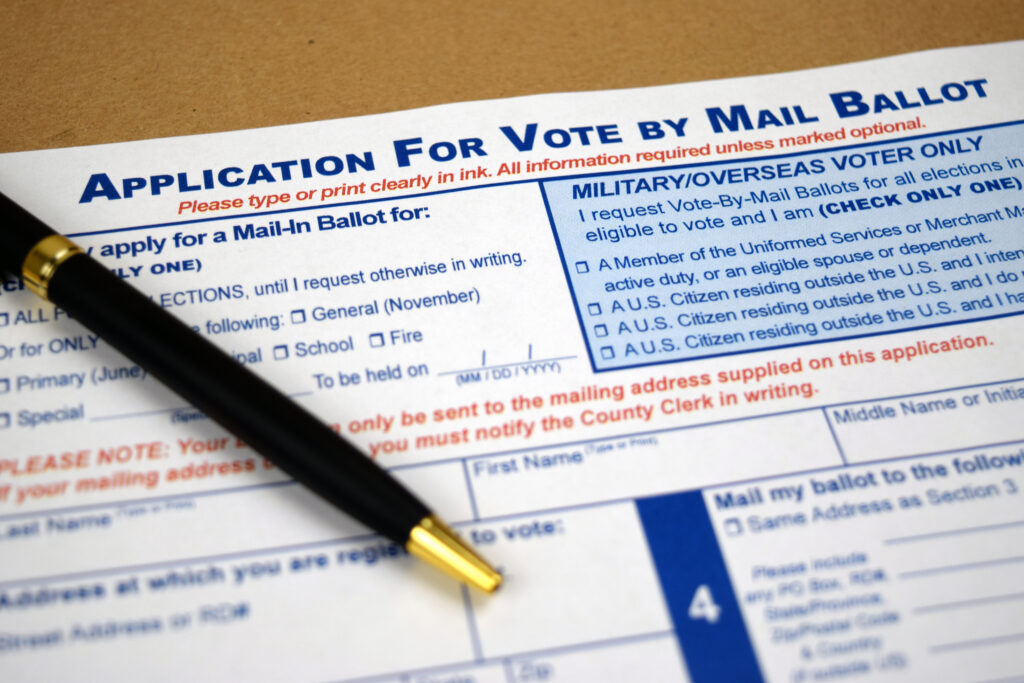Pennsylvania Court Says Images of Absentee, Mail-in Ballots Are Public Records

A Pennsylvania appeals court today ruled that images of completed absentee and mail-in ballots are public records under state election law, after a voter sought such records from the 2020 election.
The Commonwealth Court of Pennsylvania says a lower court erred in holding that images of absentee and mail-in ballots were shielded from public disclosure under Section 308 of the Election Code, which says certain election materials are available to the public “except the contents of ballot boxes and voting machines and records of assisted voters …”
In its opinion, the court said the Common Pleas court failed to recognize that other provisions in the state’s election code “designate images of absentee and mail-in ballots as public records.”
Additionally, digital “images of cast absentee and mail-in ballots cannot be considered the contents of voting machines,” the court said. This doesn’t apply to completed in-person ballots.
The case began in August of 2022 when Pennsylvania voter Michelle Previte submitted three requests to the Erie County Board of Elections for records from the 2020 general election, including an electronic copy of the images of all mail-in ballots and an electronic copy of the images of the outer envelopes. The board denied Previte in September, citing Section 308.
Previte appealed to the Office of Open Records, which affirmed part of the decision in October of that year but reversed the rulings on obtaining images of mail-in ballots and those ballots envelopes.
The board then appealed to the Common Pleas court, which last year denied Previte’s image request on the grounds that Previte was seeking images that were contents of voting machines and thus excluded from public disclosure under Section 308.
In Wednesday’s decision, the Commonwealth Court noted there was an apparent conflict between Section 308 and two other provisions which state “official mail-in ballots, files, applications for ballots and (complete) envelopes” are public records, as well as official absentee ballots. The court determined that those two provisions are “exceptions” to Section 308.